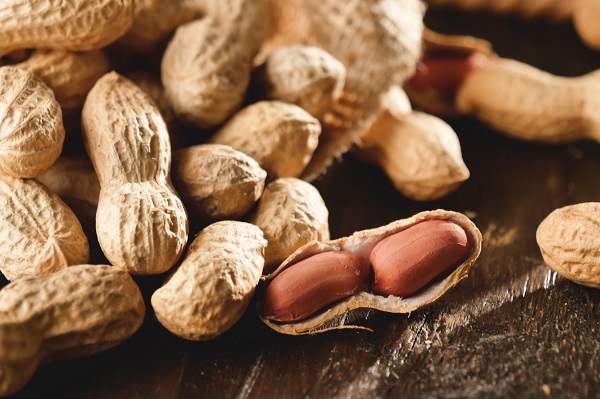A recent study has highlighted how a mother’s diet during pregnancy, particularly peanut consumption, may influence a child’s genetic response to breastfeeding through changes in DNA methylation. Researchers explored how eating peanuts or peanut butter while pregnant and breastfeeding affected the epigenetic regulation of genes involved in neurodevelopment and inflammation among young children.
The investigation involved 35 children aged between two and seven years. Data were collected on maternal diet, breastfeeding duration, family demographics, and early-life experiences. Saliva samples were taken from the children to assess DNA methylation patterns in specific genes associated with brain development and immune function.
Results revealed that mothers who consumed both peanuts and peanut butter during pregnancy had children with distinct methylation patterns in the brain-derived neurotrophic factor (BDNF) gene and its antisense transcript, BDNF-AS. These genes play crucial roles in brain growth and cognitive development. Interestingly, breastfeeding duration influenced these methylation patterns differently depending on maternal peanut consumption.
For children whose mothers ate both peanuts and peanut butter, longer breastfeeding was linked to higher methylation in the BDNF gene region, which may reduce gene activity. In contrast, for children whose mothers consumed only peanut butter, extended breastfeeding was associated with lower methylation levels, potentially increasing gene expression. This suggests that the form of peanut intake during pregnancy could shape how breastfeeding impacts a child’s developing brain.
Researchers also observed differences in methylation patterns in inflammatory genes such as interleukin-6 (IL6) depending on maternal peanut consumption and the child’s racial background. The findings suggest that whole peanuts, which contain more folate and other nutrients, may have a stronger influence on epigenetic regulation compared to processed peanut butter.
Overall, the study provides early evidence that maternal diet can prime a child’s epigenome, influencing how genes related to brain and immune development respond to early-life nutrition. While the small sample size limits the scope of conclusions, the results underscore the complex interaction between maternal diet, breastfeeding, and child health outcomes.

